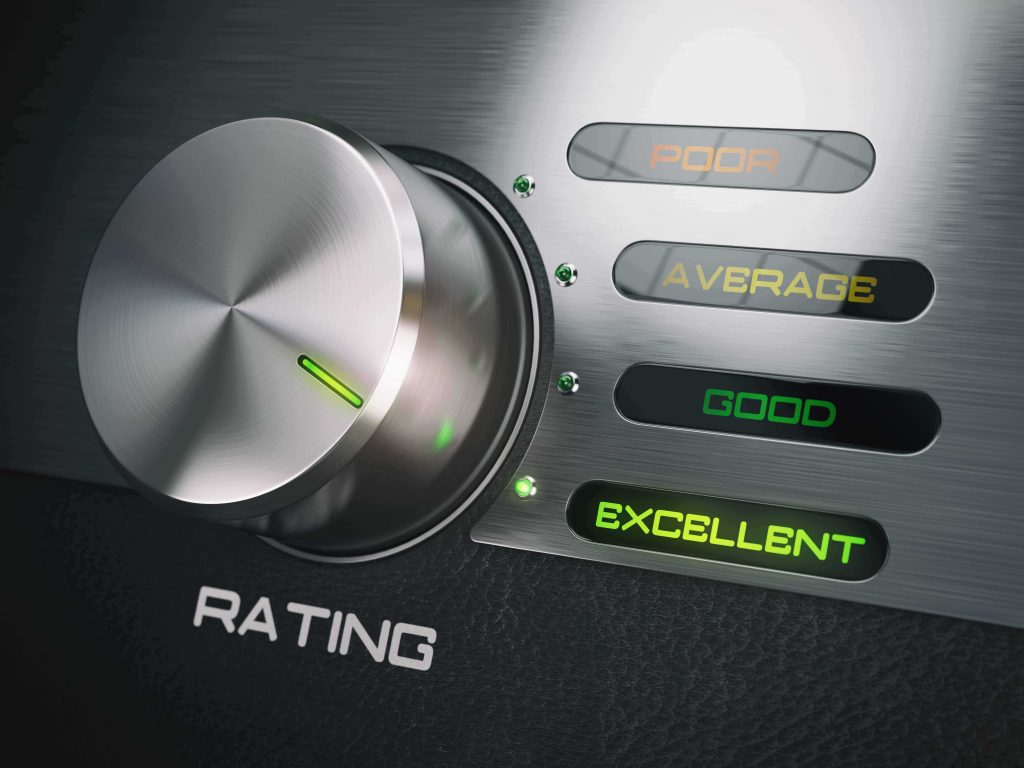3 realities that impede lawyers from learning on the job

We have all worked with someone who, despite having years of experience, performs their job sub-optimally. There is a natural tendency to equate “years of experience” with a certain level of expertise. But time spent in a job only tells us that someone has had opportunities to learn; it doesn’t tell us whether that person has learned much at all. The reality is that many lawyers struggle to learn on the job because they do not get effective feedback.
The feedback challenge
In order to learn on-the-job, you need feedback: some way to distinguish positive from negative aspects of your professional performance. Without knowing what to replicate and what to avoid, people keep engaging in the same behaviours (whether optimal or not).
That lawyers cannot reliably self-assess has already been established. This means that lawyers (like others) need information about their performance from a reliable, external source.
In other fields, mandatory recertification on a periodic basis offers a partial solution. Mandated testing—if appropriately fair, valid, and reliable—can help professionals better understand their development opportunities. There is no such general requirement for lawyers today. I am not advocating for such a requirement (the myriad challenges such a scheme presents are duly noted). That said, it is important to acknowledge that a lack of such testing is a reality of the legal context.
Without reliable self-assessment OR mandated recertification testing, lawyers need to rely on other sources of feedback to know whether what they are doing is working or not. Unfortunately, there are several barriers that impede lawyers from receiving such feedback.
Why lawyers often don’t get effective feedback
In some contexts, an individual may be able to count on a supervisor, colleague, or client to point out so-called “development opportunities.” In the traditional legal context, however, there are several factors that reduce the likelihood that this will occur.
1. A lawyer’s work is not inherently transparent
Not all lawyers operate in a practice context that readily exposes others to their performance challenges. This is especially true of lawyers who work in isolated practices (regardless of firm size). Other than court appearances (which account for only a fraction of legal work), much of a lawyer’s work is done in private. With the confidential (and privileged) nature of law, only a select few may see the bulk of a lawyer’s work product. Some examples of lawyers’ work that their colleagues (or others) may never see include:
- How well do they manage their client relationships?
- How well do they manage their workloads?
- Are they using technology efficiently?
These (and many, many other) questions go unanswered until there is a problem, a mistake, or a complaint—and by then it may be too late.
2. A lawyer’s work often requires specialized expertise
Even when a lawyer’s work is visible, it cannot always be easily assessed. Supervisors, colleagues, or clients may not have the skills themselves to evaluate competence in the relevant domain. Unless the supervisor, colleague, or client has expertise in the relevant area, they may not be able to recognize a performance challenge.
3. A lawyer may not be welcoming of feedback
Even if a supervisor, colleague, or client has the opportunity to assess a lawyer’s performance (and has the ability to do so accurately), there may not be a desire to share that feedback. Would-be feedback-providers may lack the incentive to raise such issues—or be unwilling to risk the defensiveness that can accompany a challenge to any illusion of superiority.
Possible solutions
Access to assessment tools help address this problem. For example, a quality assessment tool can help:
- Lawyers better self-assess. Using external assessment data can help guide lawyers as they self-assess their own competence. Such tools exist in a wide range of areas—including complex and nuanced areas like leadership and cultural competence.
- Others give more useful assessment feedback. Whether it is a supervisor using a well-crafted rubric for performance evaluations or clients completing an optimally-designed satisfaction survey, a high-quality assessment tool makes all the difference.
- Deliver feedback in a more effective way. It can be hard for some lawyers to receive constructive feedback. Being able to say “the data suggests…” can be easier to hear than “Dave in Accounting suggests…” With quality assessment data, you can let the data do the talking.
Assessment tools are not all created equal. Whether you are engaged in self-assessment, performance evaluation, measuring client satisfaction, or evaluation of a project or program, it is crucial to invest in tools that measure what they intend to measure, do so reliably, and do so fairly. Please let us know if we can help. Contact us at info@knowprincipia.com.
Jennifer
